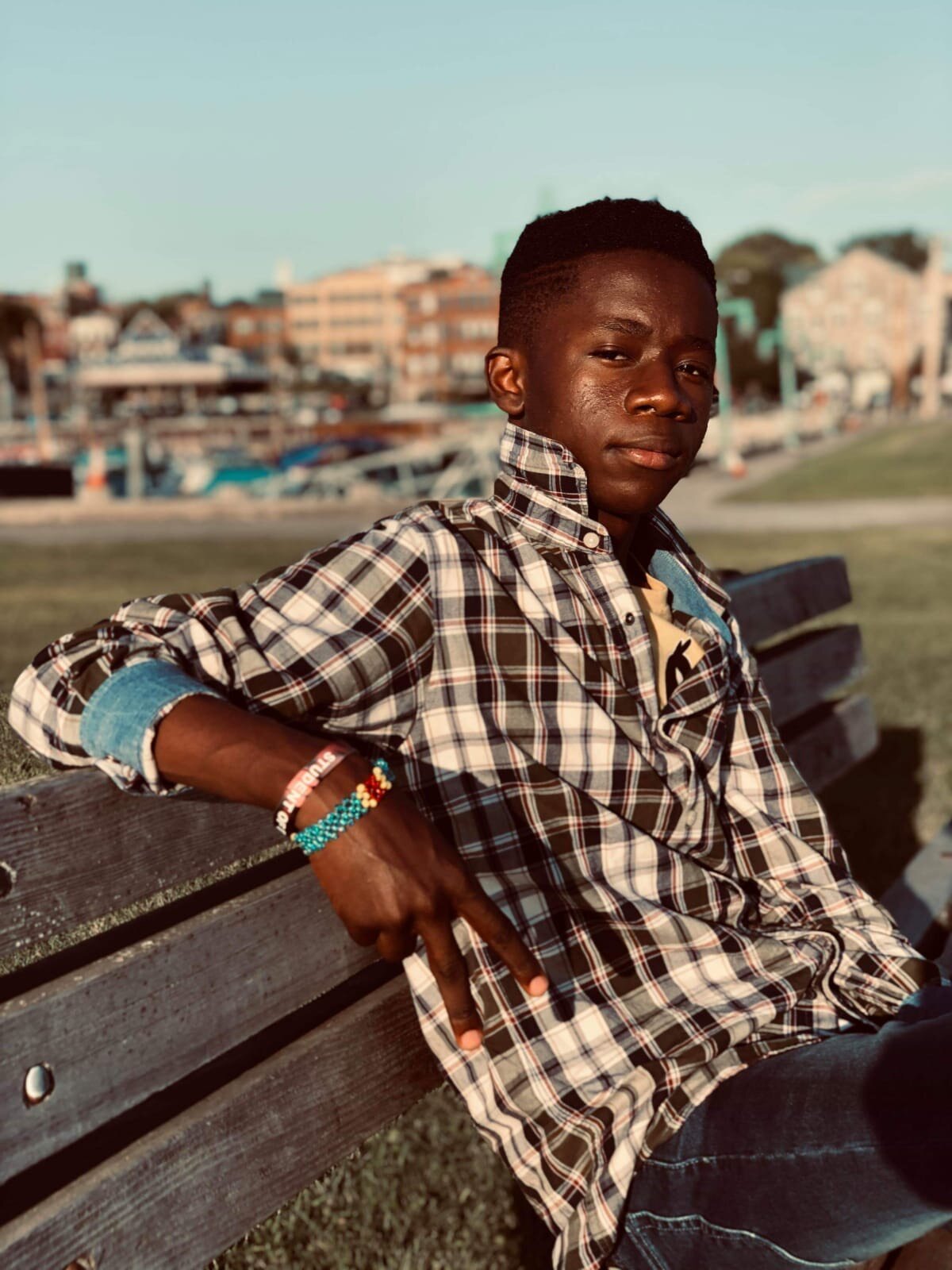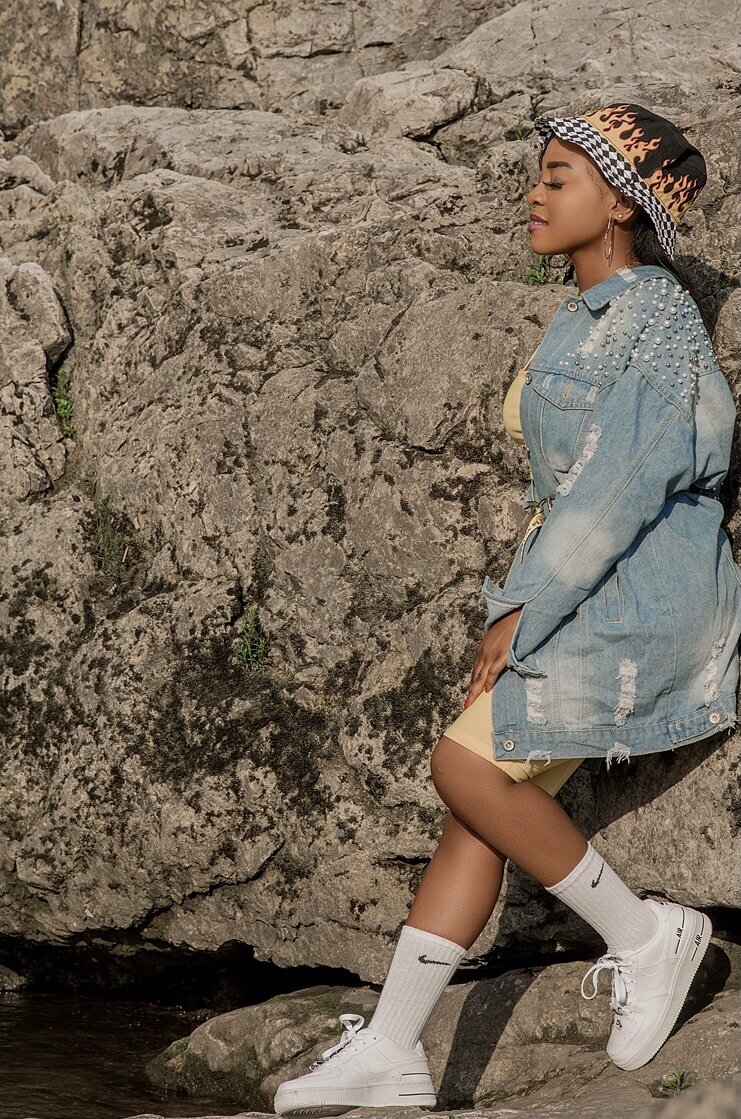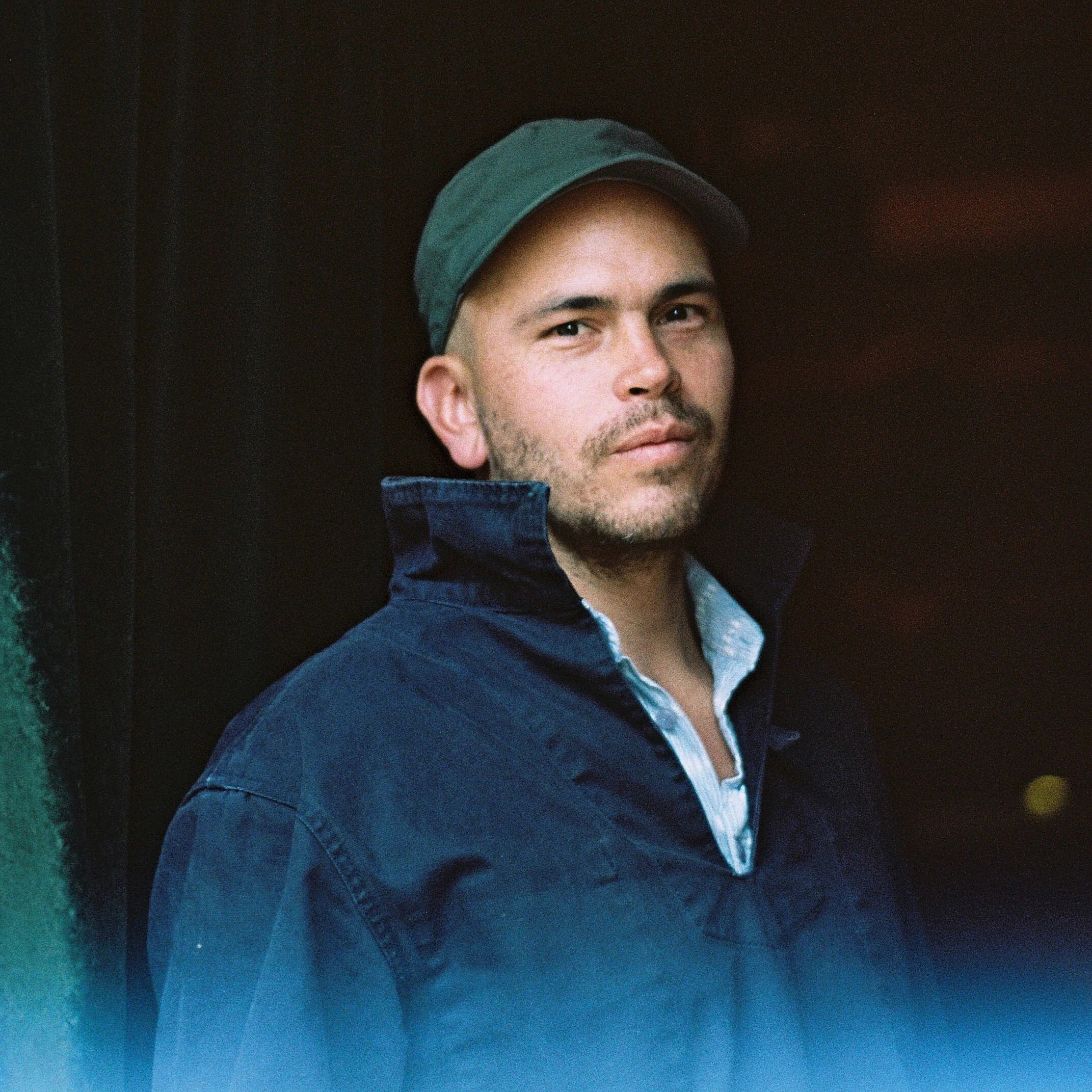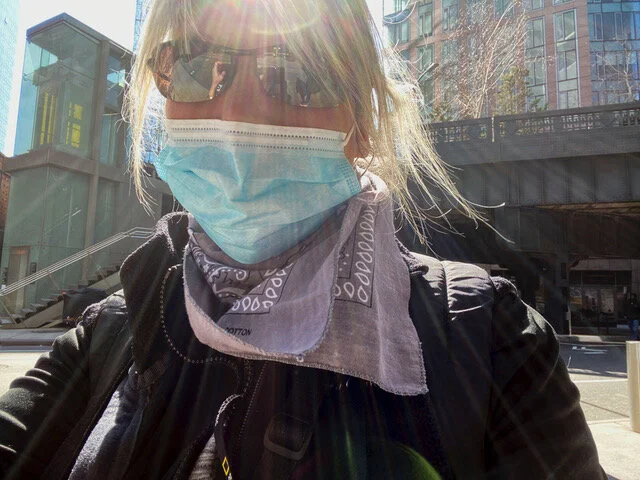“Every beginning is hard, so you just have to keep trying”
Patient Mwibeleca is an 11th grader at Burlington Technical Center in Burlington, Vermont, where he has discovered a passion for photography. Patient came to Vermont from Tanzania in 2018.
In 2020, Patient was honored as a Vermont Presidential Scholar for the Arts. In February 2021, one of his photographs won both a Gold Key award and an American Visions nomination in the Vermont Scholastic Art & Writing Awards.
BMAC Exhibitions Manager Sarah Freeman spoke with Patient and his photography teacher, Jason Raymond, via Zoom earlier this month.
Sarah Freeman: Please tell us a little bit about yourself and how you got interested in photography.
Patient Mwibeleca: At first, I was interested in music. My sister sings, and I also sing sometimes, but I’m not good. We got a chance to make a couple of songs and upload them to YouTube. Then we had some assignments in my class [Digital Media Lab with Jason Raymond], and some of them were about photography. I remember my first assignment to do was to take a camera outside and just shoot anything. The next day I came to school and showed my teacher the pictures, and he was like, “Wow, these pictures are dope—they’re good,” and I was like, “Wow, really?” and he said, “Yes.” So I thought, “Let me take more, then!” I guess that’s how I started.
I used to think photography was boring and a waste of time. I was interested in music and video. I play drums at school, and I play at church every Sunday. I live in an apartment, and drums make too much noise!
Sarah: Once you got started with photography, what made you decide to do portraits?
Patient: I started taking pictures of my friends at school. That’s how I got into it. Sometimes I would suggest poses—“If you do this, it would be better.” There were some people, like my family, who didn’t know what to do for poses, so I had to tell them what to do.
Patient Mwibeleca, Grade 11 - Burlington Tech Center, "Sylvi", Gold Key, American Visions Nominee, Photography
Sarah: In “Sylvi,” the photo that won the Gold Key, it looks like you chose a pretty intentional, specific background for the person to be in. How did you decide where you wanted the person to pose?
Patient: I was trying to match her clothes with the background. I looked for something similar to what she’s wearing. I don’t know many locations in Vermont, so I have to walk around and search for locations.
Sarah: One of the photos you submitted to the Scholastic Art & Writing Awards was selected as an American Visions nominee, for special recognition. How does that feel to know your artwork has received these awards?
Patient: First of all, I just want to say thank you, because it means a lot to me. When you’re doing stuff like this, and you’re getting awards, it’s like a symbol that’s telling you to keep doing more and more, and get more creative. It feels good, and it’s giving me pressure to do more. I feel like what I’m doing is my best. I’m trying my best.
Patient Mwibeleca, Grade 11 - Burlington Tech Center, "Sylvi Sunshine", Honorable Mention, Photography
Sarah: What has taking pictures taught you about yourself? Have you learned anything about yourself that you didn’t know before you started taking pictures?
Patient: Before I take a picture, I imagine it in my head, so that when I go to take a picture, it becomes the way I want. I’ve learned that sometimes, when people will ask me to take their picture somewhere in some crazy way, I just say, “I can try.” Even if I feel like I can’t, I say I can try. I just keep putting myself into a lot of hard stuff and just try. Sometimes you might think of doing something, but you have to find a location. You might not be able to get it exactly how you want, but maybe you get 50%.
Sarah: What do you want to do next with your photography?
Patient: I’d like to go to college and learn more about photography, and also about videography because I like to make beats as well. I want to keep working and go to the best college I can get into, and learn more.
Sarah: What advice would you give to other students who are interested in photography?
Patient: Every beginning is hard, so you just have to keep trying. And take more pictures, as much as you want! You can have fun. You just have to keep going, even when you feel like you’re about to give up.
Sarah: You said you have a sister who sings. Do you have other family members who are interested in art or singing?
Patient: My little brother plays guitar. He’s been playing for about two months, and he’s getting it! My older sister lives in England and she has a couple of songs on YouTube.
Jason: Patient used to perform with his family as a singing group. When he first came here to the Tech Center, he was playing drums in the church band, and he wanted to record music. That’s why he joined the class—to be a musician. Then we did the photography unit, and he didn’t really want to do any of the projects, until we got to portrait photography, and then something clicked—literally. And then he wanted to check out equipment and take it home, and then he wanted to borrow lights, and then he wanted people to come to the classroom after school, and he just started taking photos all the time. He was constantly coming to my classroom at all times of day with different kids to take photos.
And then he started bringing in photos that he was taking outside, and we would have these long conversations about where he was positioning people to take the photos. A lot of the first photos were in front of garbage cans, or with a tree coming out of the person’s head. So we worked through all of that stuff. I would bring the fashion section from the Sunday New York Times in for him, and he would take them home and look at them. He kept taking more and more photos, and they started to get better and better. Then it hit a point where he was getting instruction from people in Africa about how to do retouching and make adjustments to the photos.
Patient: I contacted someone through Instagram, and I was really surprised that he answered my message.
Jason: During the summertime, he had made enough money doing portraits that he bought his own camera. When the schools closed, the AALV, a local organization downtown in Burlington, provided him with his own studio space. He bought his own lights. They gave him a whole room, and we hung black curtains over the windows. Then he was able to make backdrops.
What’s been amazing is that he won this award, and then his subsequent portraits—maybe within two weeks after the Scholastic submission was due—took a huge jump. Now they’re farther along than they were when he sent that photo in, to the point where they look like they’re coming out of fashion magazines. Next year, I want him to submit a portfolio, because he has progressed to such a higher level now. I show the work to people, and they can’t believe it was done by a 17-year-old student. They say it can’t be. It’s really amazing.
Sarah: So you’ve been busy not just doing this work for school, but building a whole business!
Jason: Yes, he’s created a whole business for himself, and he’s making music videos on top of that. So he’s got a pretty booked schedule. He’s started taking a lot of birthday photos and family photos. I was showing him James Van Der Zee’s stuff last year, and we were talking about community, and about creating portraits connected to the people around you. For some of the birthday photos, he’s been creating backdrops that make it look like the woman is at a birthday party, with streamers, and a birthday tiara, and a dress. I like those because they remind me of the James Van Der Zee photos.
Sarah: Patient, what has it been like doing this work with a mask on and having to stay distanced from people? Has it been difficult?
Patient: Yeah, sometimes it’s really difficult doing all the music stuff, having your mask on. You have to give them a little distance so they can take their mask off when you’re shooting. Also, in cold weather, it’s really hard to shoot, but you just keep doing it. You go out for two minutes, and your hands freeze.
Sarah: Are there other things you’re interested in photographing, or are you still really focused on portraits?
Patient: I’d like to do more than just portraits. I was watching this video about landscapes. I would like to try something like that, maybe in summer. When I go hiking, I’d like to bring my camera and take pictures of trees and see how it comes out.
Sarah: Is there anything else you want me to know about you or about your artwork?
Patient: I just want to say thanks to my teacher, Mr. JJ [Jason Raymond]. He’s always there for me when I need help. Whenever anything comes up, he just keeps putting me into it. He doesn’t know if I can do it, but he just wants me to try. It’s a good thing. Also, for people who’d like to check out my work, I have an Instagram page.
Check out Patient’s work on Instagram @young_pazos1 and in the 2021 VT Scholastic Art & Writing Awards at Brattleboro Museum & Art Center February 19-March 6, 2021.









